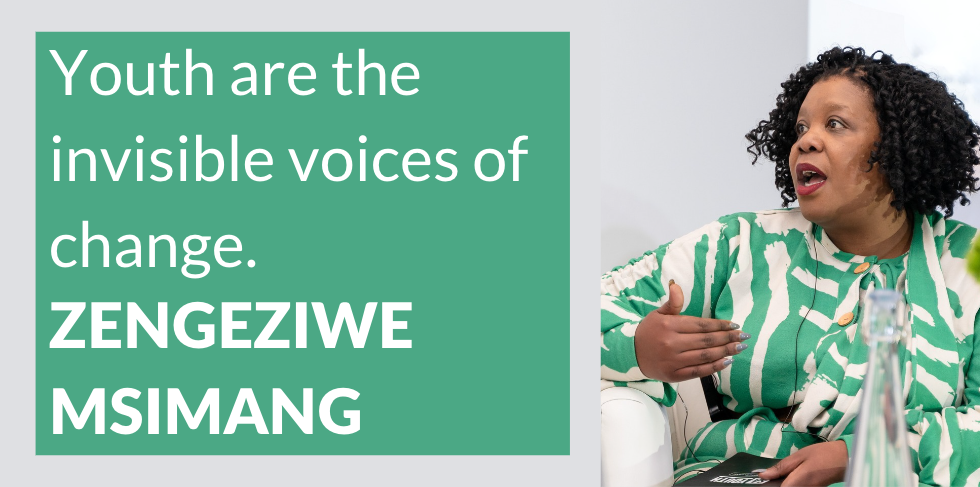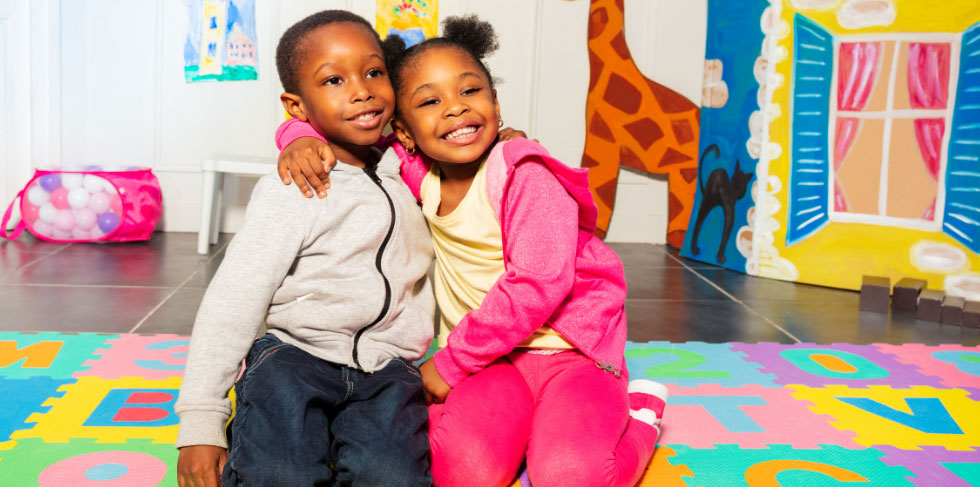How experience is being converted to qualification for South African plumbers
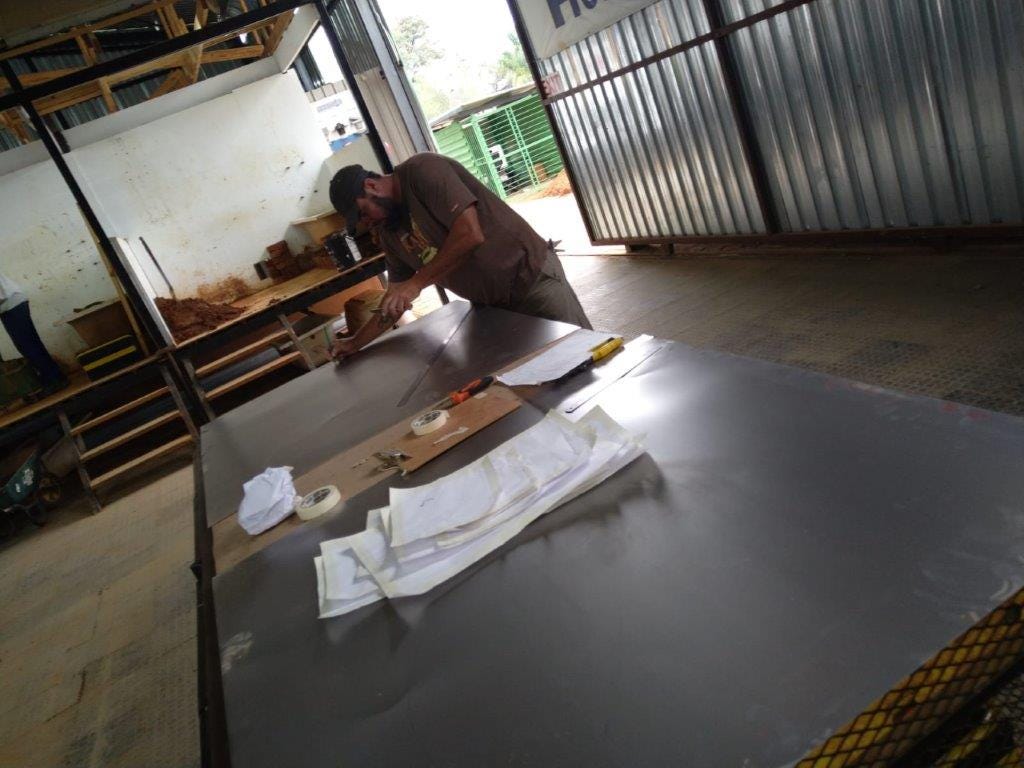
In South Africa, the government’s 2020 National List of Occupations in High Demand identifies a shortfall of 30,000 trained artisans annually to fulfil strategic infrastructure projects.
The Skills for Prosperity programme, funded by the British government, works to align the training of inexperienced and marginalised youth with South Africa’s priorities of improving technical and vocational education and training. Together with the Institute of Plumbing SA (IOPSA), Harambee Youth Employment Accelerator, and a range of training partners, the programme is creating apprenticeship training and formal qualifications for these young people to earn real incomes as qualified plumbers. It’s a life-changing opportunity for complete novices.
But where does it leave people who work as labourers in the plumbing industry? They may not have formal qualifications but, over time, have gained experience, some skills and fundamental industry knowledge. Taking them out of their jobs to start over in a traditional apprenticeship may not seem to be in their best interests, but they too, deserve a chance at becoming qualified plumbers.
Artisan Recognition of Prior Learning
These candidates are catered for by the Artisan Recognition of Prior Learning (ARPL) process. An initiative of the South African Government’s Department of Higher Education and Training, it was developed to encourage artisanship as part of the process of overcoming high rates of unemployment in the country. ARPL formally recognises prior learning regardless of where and how it was attained and gives candidates the opportunity to gain the appropriate accreditation for their knowledge and work.
Through Skills for Prosperity, underemployed young people are supported in gaining a formal qualification, which will improve their earnings and career prospects.
Future Isaac Chiloane is typical of candidates looking to improve their prospects. He says, “You gave me an opportunity to further myself. All I had to do was show up and learn. The facilitators were great teachers; they made it look easy and gave me confidence.”
Plumbing is a man’s world… and now a woman’s too
A key focus of the programme is to increase the number of women in the plumbing industry in South Africa. Brendan Reynolds, Executive Director of IOPSA, says, “Female candidates have been easy to find for apprenticeship programmes which do not require any experience. However, the ARPL process works with candidates who have already spent at least three years in the industry, so we have fewer women in the APRL programme. While less in number, they certainly are equal to the men in every respect.”
Semenya Joyce Ntshabele, one of the women who has gained her formal plumbing qualification through ARPL, has lived up to the reputation established by the other women benefiting from the apprenticeship programme. “As the only girl in my group, I had to learn fast to keep up with the men. I surprised myself,” she says. Time and again, South Africa’s women have proven they are not to be underestimated as they make their way in the male-dominated plumbing industry.
Gender equality and social inclusion
It is crucial to sensitise candidates to gender equality and social inclusion (GESI) issues throughout the programme, explains Reynolds. “In South Africa, it is not just a question of the industry having always been dominated by men; it is also about changing the narrative about women as artisans and what they need to succeed.”
Some GESI factors include the need for different styled workwear and female changing rooms, for example. There was also a discussion about the women wanting a little more time consideration to tend to, or make arrangements for, their families.
Harambee brought considerable experience in facilitating these sessions and navigated emotionally charged discussions as they helped candidates overcome inherent bias.

How the ARPL process works
The ARPL process starts with a baseline assessment of each interested candidate. This, and everything that follows, is individualised for each candidate. Those who qualify after the initial evaluation are then assessed to identify the specific gaps in their skills, and then the teaching and learning process begins. The goal is to fill all the gaps in their knowledge in preparation for the South African plumbing trade test. Candidates are on their own for the test, and their results are based purely on their competence.
100% success rate
Of the 40 candidates who went through the first ARPL process, 39 passed on their first attempt, and the 40th candidate passed on the second, giving the programme a 100% success rate. In total, 116 candidates have been supported in their ARPL certification with a 100% pass rate.
These candidates now have a formally recognised qualification, allowing them to pursue better employment opportunities or enabling them to create their own opportunities as entrepreneurs. These prospects would have been denied without a formally recognised qualification.
They join the 130 candidates already on the plumbing apprenticeship programme, which aims to certify fully over 200 plumbers in South Africa.
Source: https://medium.com/skills-for-prosperity/increasing-qualifications-to-increase-inclusivity-87742b229325. Published 10 January 2023.
Contact Us
customer@harambee.co.za
0800 72 72 72
Mon-Fri 9am-5pm
© 2021 Harambee. All Rights Reserved

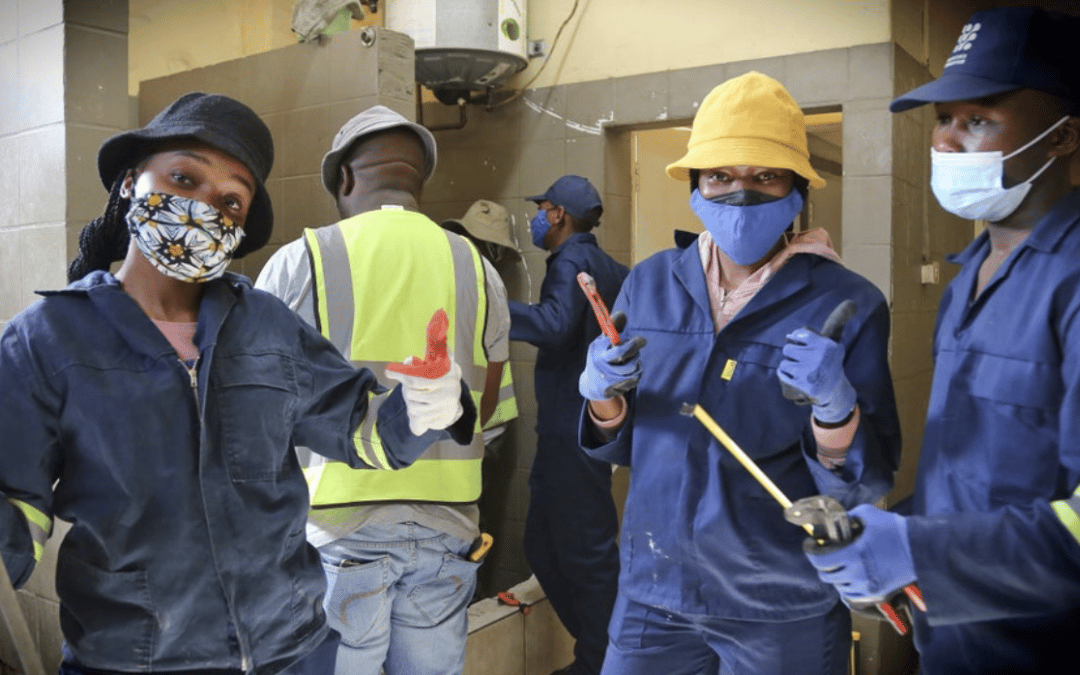
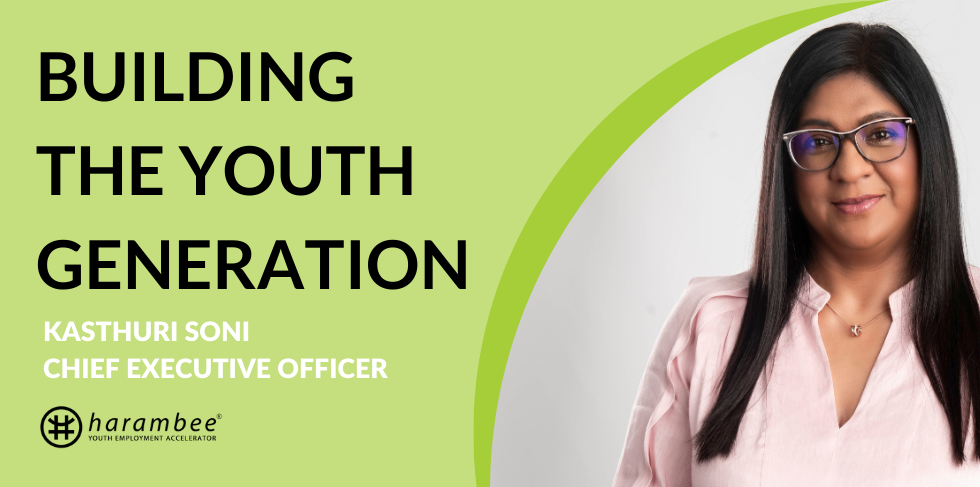
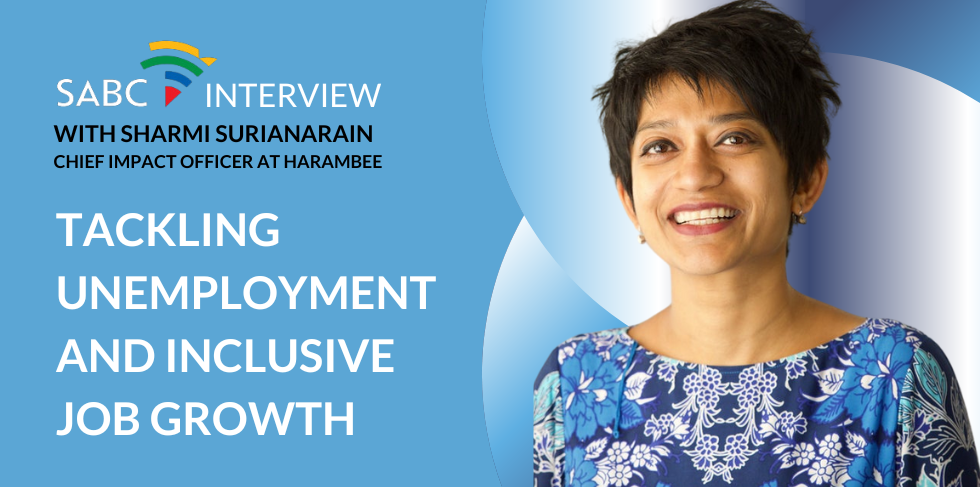
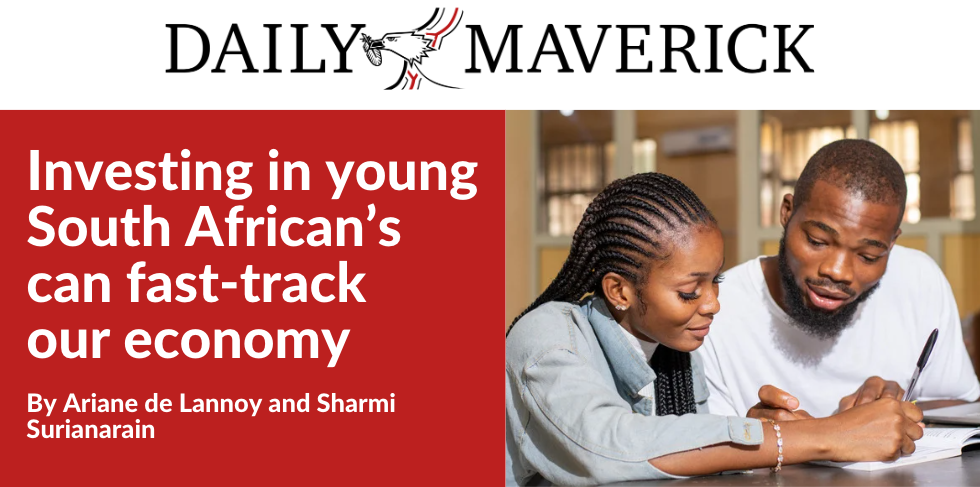
 Stay Connected
Stay Connected